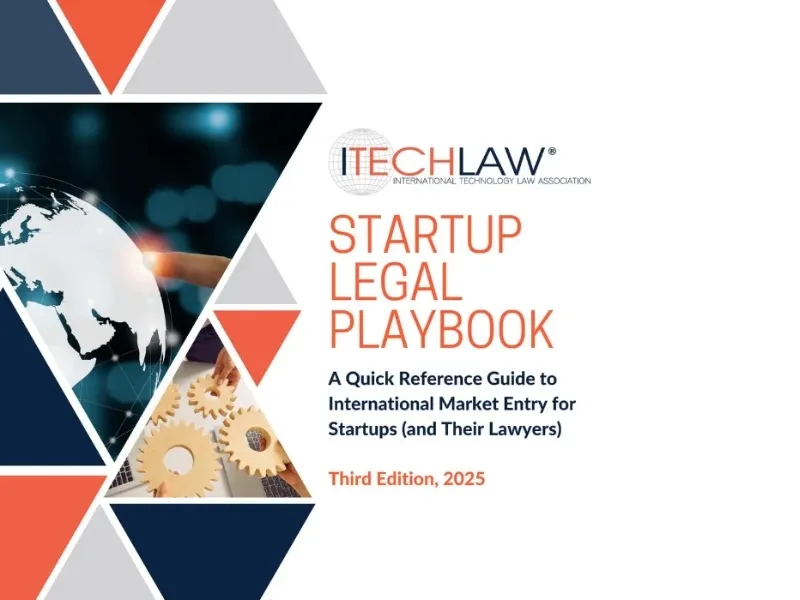IP Enforcement in Macau and the Specific Cases of Distribution Agreements
Back in June we published an article on the Key Things to Know about Intellectual Property where one of the main points addressed was the importance of protecting Intellectual Property (IP) via registering with the Macau IP Office or, for copyrights, properly and opportunely disclosing the work. Those preemptive actions are needed to guarantee that the rights are properly secured, but it is equally important to take measures to ensure that no third party succeeds in infringing those rights.
There is no point in fencing a house, only to allow others to easily cut or remove said fence and move in. How to make sure the defenses built will stand against intruders, what to do when that safe perimeter is being threatened and what actions can be taken to remove the threat before or after a breach are all issues related to the Enforcement of IP.
Intellectual property infringement occurs when a third party uses a sign, product or work that is identical or confusingly similar to a legally protected IP Right, without the owner's permission. The most common infringements relate to counterfeited goods being produced, shipped, marketed and sold and there has been a large number of such cases related to counterfeits dealt with recently by the Macau Customs, leading to seizures and arrests, followed by criminal court procedures where the perpetrators of such acts end up being convicted.
The Macau Customs plays a significant role in the enforcement of IP rights. They work closely with IP owners to combat the manufacture, import, export and sale of counterfeited and infringing goods. Customs Authorities have the power to seize suspected counterfeited goods at the border, en route and at the points of sale, and to detain the offenders. They also regularly inspect shipments and conduct searches and investigations based on information provided by IP rights holders.
The Macau Customs often acts in conjunction with authorities of other jurisdictions, often with Mainland China and Hong Kong Customs, mainly investigating cross border counterfeiting networks from the point of sale back to the unauthorized manufacturer and vice-versa. It is also very active in promoting informative and educational sessions on the importance of abiding by IP Laws and refraining from dealing in counterfeited goods.
It should be noted that the transporting of counterfeited goods across the border will be considered an infringement unless it is clear that the products are for personal use. Therefore any person can be subject to having such items seized and imposed the associated fines.
Online infringement is also on the rise and the shipment of counterfeited goods and their placement on the market in Macau is subject to the same penalties as those imposed on physical stores and their owners/managers. Buyers should be aware of the need to research on the genuineness of any goods bought online before having the same shipped to Macau. Since the intention to purchase counterfeited goods and have them delivered to Macau is instrumental to being convicted of the respective associated crimes, good faith purchasers shall not be convicted if it is proven that they took reasonable actions to ensure that the goods bought are original.

As Customs are the spearheads of IP enforcement, knowing how to best help them do their job is vital to the success of any business’ IP strategy.
Customs recordal: Registered IP owners should record their rights with the Macau Customs. This not only establishes a direct line of communication with the owners in case an infringement is detected and action needs to be taken, but also enables Customs to more easily identify potential counterfeited goods.
Monitoring: Continuously monitoring the market for potential infringements, especially online platforms and physical stores, taking note of everything found and gathering all evidence possible before submitting to the authorities will also assist the Customs to more effectively deal with the case.
Cease and Desist Letters: Send cease and desist letters to infringers, demanding them to stop infringing activities.
Criminal complaint with Customs: file a complaint with the Customs whenever infringing goods are detected and pledge the Customs all assistance required in examining seized items and identifying counterfeits.
Litigation: If necessary, file a civil lawsuit to seek injunctions, damages, and other remedies through the Macau Courts.
At the same time, another way to prevent future infringements or help authority to build the case against the infringers, if such happens, is to add watertight IP rights protection provisions on any contracts executed between companies.
A common threat to IP rights owners is posed by unscrupulous distributors who attempt to take over the trademarks of the products they are entrusted with distributing by registering them under their own names, often justifying such actions with the protection of the rights of the manufacturer/rightful owner. To put it simply, Company A entrusts Company B with importing into Macau, and distributing, products with the mark X; after some time (or, sometimes, immediately) company B files for registration of the said mark under its own name, effectively preventing company A from claiming any rights over the now registered mark X. Company A and the core of its business are now in the hands of company B.
To protect against bad-faith distributors, producers should, first and foremost, make sure to register their marks in the respective jurisdictions where the products are to be sold. But as importantly, owners must enter into, and include in their distribution agreements specific clauses that address issues such as ownership of the trademark, territorial restrictions, quality control, audit rights, indemnification and mechanisms for addressing trademark infringement by distributors – including termination of the agreement in case of infringement or bad-faith actions. Essentially, owners need to make sure that the agreement explicitly states that the producer retains all intellectual property rights, including trademarks, and that the distributor has no right to use them beyond the agreed distribution scope.
Considering the potential for erosion of this most significant and valuable business asset, it is of essence to consult with legal professionals experienced in Macau's IP laws to draft distribution agreements that provide adequate protection against bad-faith distributors and trademark infringement. Note that the terms of such agreements vary depending on the jurisdiction, industry and parties involved.
Although the majority of distributors conduct their activities in good-faith and according to honest business practices, there are often some black sheep. Well drafted Distribution Agreements will provide peace of mind to all parties involved and ensure a long and fruitful business cooperation.
Finally, if it is obvious that some sort of infringement is taking place, decisive actions should be taken without delay, including the issuance of cease and desist letters and reporting the matter to the criminal authorities. Urgency is advisable as statute of limitations may apply and the right to take action may lapse. Engaging in lengthy dialogues or negotiations with infringers may work to their benefits.
This article was published in the October edition of Macau Business Magazine.



